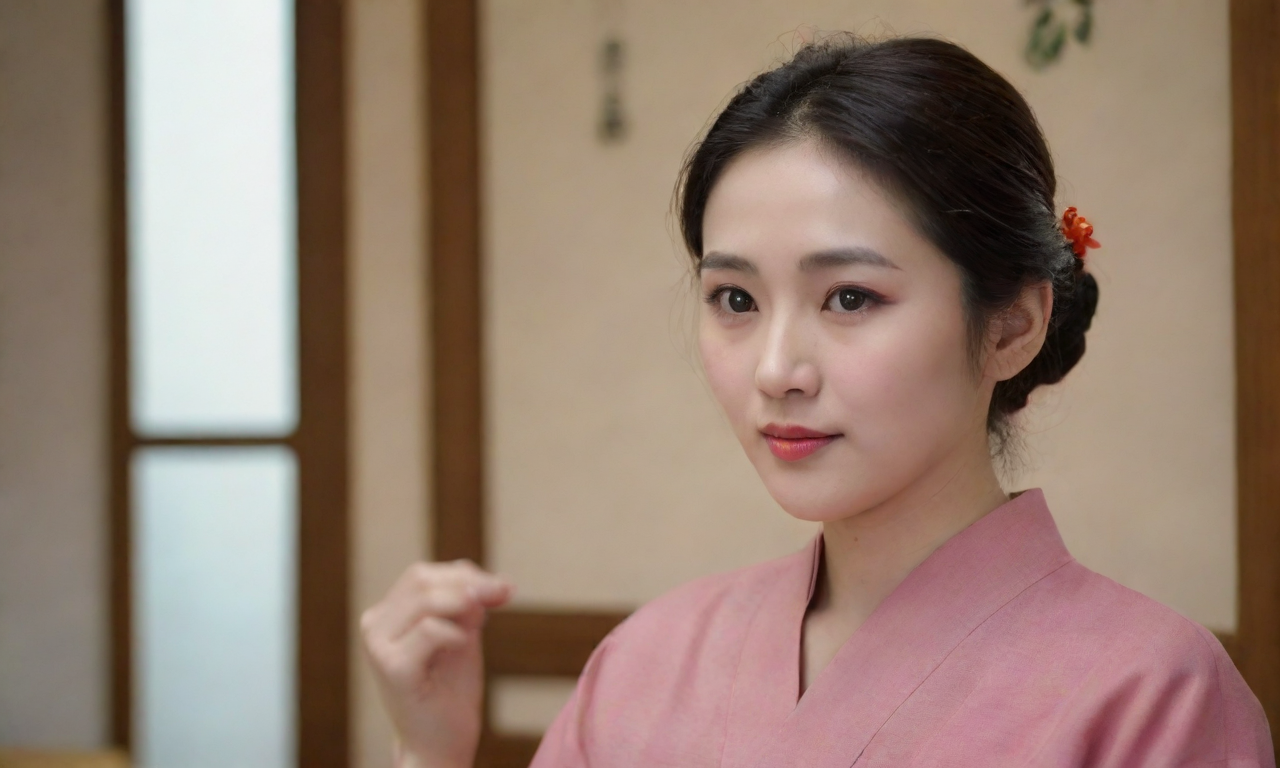By Yuan Yixue, Reporter from "China Science News"
Psychological counselor Wang Xi has a background in psychology and AI, and she has been trying to combine the two disciplines. She found the use of psychological drama as a way to make more people exposed to it and to apply it more widely in psychological counseling and problem-solving.A user (right) wearing VR equipment experiences a psychological drama co-operated by AI. Image provided by the interviewee.Introduction
●
Feeling
Wang Xi has studied psychological drama with Gong Xu, the founder of "Easy Art" psychological drama, and she told "China Science News" how psychological drama works. "Psychological drama is different from stage plays and dramas. It does not have a script or fixed roles. All the plots are determined by the client. A traditional psychological drama generally lasts about 3 hours and is divided into three stages: warm-up, performance, and sharing."The performance team is often recruited temporarily, so the warm-up session is essential. Afterwards, the psychological drama director builds the stage based on the client's situation, recreating various emotions the client is experiencing. Then, the rest of the team cooperates with each other, assigns roles, and reorganizes and integrates the content that was not presented or realized at that time."The roles include the main character, supporting roles, and the audience. Here, the audience is not the usual audience, they are participants with a third-party perspective who will communicate their feelings with the main character after the performance." explained Wang Xi.A psychological drama performance consists of 9 stages, allowing the client to complete the process of psychological intervention by anchoring their descriptions of reality, resolving conflicts, releasing emotions, and organizing themselves. Wang Xi particularly likes to end the psychological drama performance by having everyone place their hands on the client. "The palm of the hand is warm and can transmit strength, allowing the client to feel understood, supported, and empathized with, helping the client return to reality and face the present. This is the ultimate goal of psychological drama - completing intervention and returning to the present."In Wang Xi's opinion, psychological drama is like a unique and highly effective tool, but it is not universally applicable because becoming a psychological drama director requires accumulating enough study hours and counseling experience.How can psychological drama have a greater impact? Wang Xi thought of using AI. She believes that AI can replace some of the roles of the director and actors by accumulating learning time and experience. Empathy computation can more realistically restore human emotions in psychological drama, providing an empathetic experience. More importantly, the involvement of AI can reduce venue and personnel expenses and lower costs, allowing more people to access psychological drama.Attempt
●
Experiment
With this idea in mind, Wang Xi started developing a virtual reality system (VR) based on expression-based psychotherapy with the help of Professor Wang Zhiliang from Beijing University of Science and Technology. With the algorithm they developed, users can experience a psychological drama co-operated by AI by wearing VR devices in a virtual environment.In the process of accumulating big data, Wang Xi abandoned text and voice which make it difficult to distinguish between AI and reality, and chose to enrich the database through visual learning. "Human defense mechanisms greatly discount the authenticity of language, and while a psychological counselor can discern the truthfulness through the client's eyes, body movements, or voice intonation, AI cannot." explained Wang Xi.Today, this system is taking shape. Although it is currently unable to replicate the scriptless performance process of traditional psychological drama, Wang Xi has prepared several scripts based on common problems and fixed some guiding words.In practical use, users communicate with a psychological counselor first, complete their case description, and then wear the VR device to select a script based on the previous conversation, build the scene, such as whether the event will happen on a thundering grassland, a gloomy square, or a sunny desert.They then determine the supporting roles to participate, which can be other characters in their daily life or personified images of anxiety, fear, depression, and other emotions. At the same time, users place the roles they will play in the scene, specifying their physical positions, distances, sizes, and colors.Finally, the AI guides the dialogue between the characters in the play. After the plot ends, the psychological counselor will discuss and organize the psychological plot with the user and intervene in their psychological issues.This system has solved psychological problems such as fear of marriage and fear of childbirth, as well as alleviating physiological symptoms caused by psychological problems.Background
●
Context
"Of course, AI cannot generate emotions. It can only infinitely approach human emotions by accumulating more data, allowing users to experience empathy." When Wang Xi encounters feelings of anxiety and other emotions, she also wears the device and has a dialogue with herself in the psychological drama in virtual reality.







